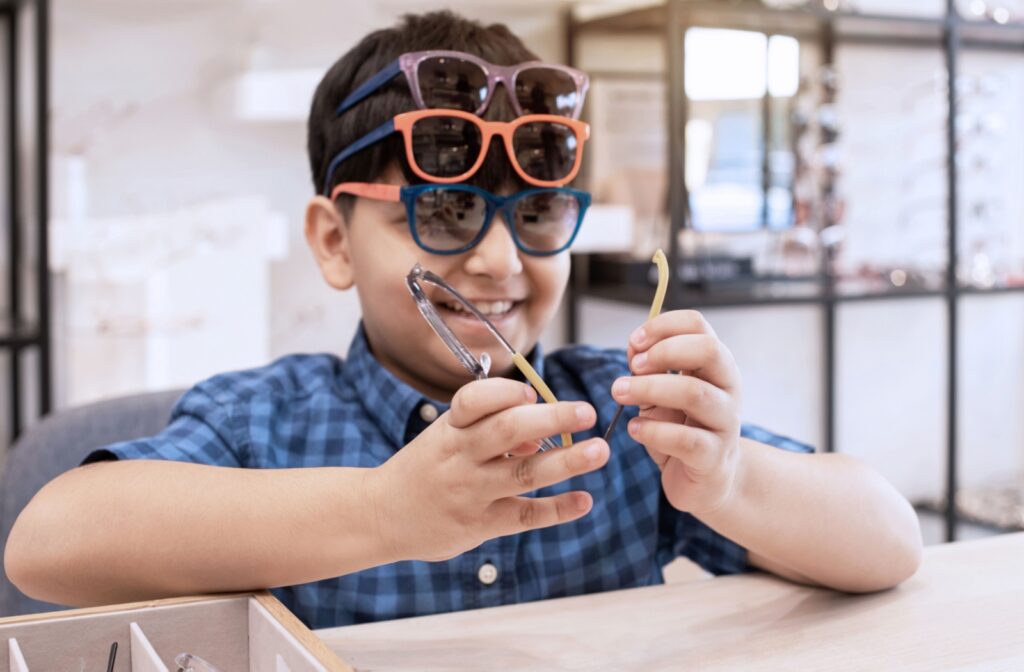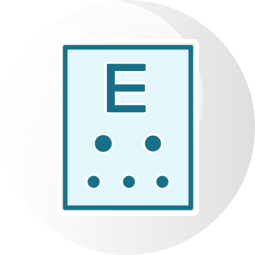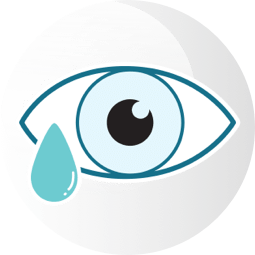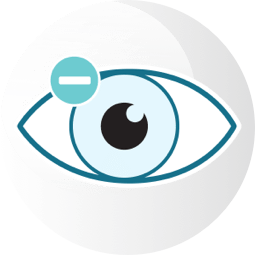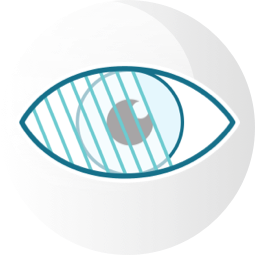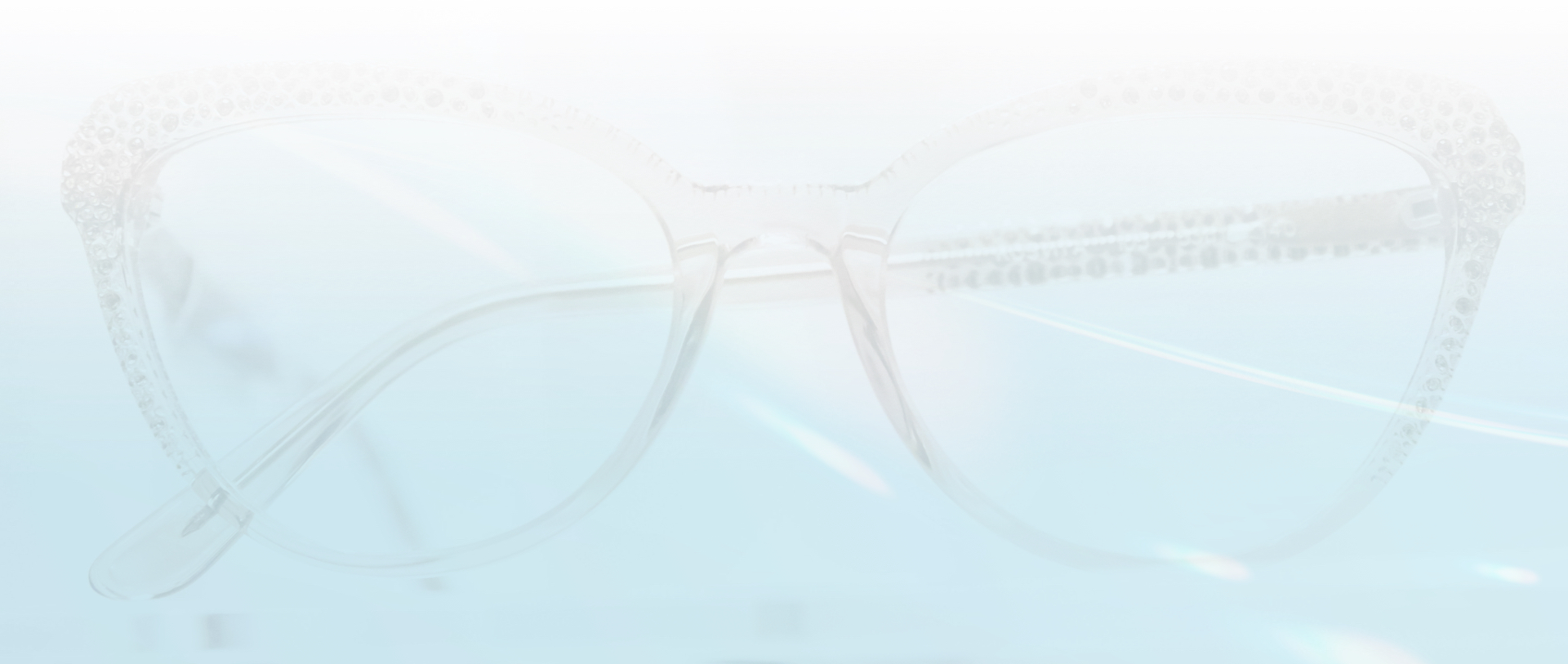It’s typical for vision changes to happen as you age. However, many people don’t realize that this means their prescription also needs to be updated. Wearing the wrong prescription glasses won’t permanently damage your eyes, but it can cause discomfort and vision issues such blurred vision, eyestrain, dizziness, and headaches.
Many people try to make their eyeglasses last as long as possible. This post will unravel the myths and truths behind prescription glasses, their long-term effects on vision, and why it’s important to keep your prescription up-to-date. Talk to your optometrist to help ensure that you and your family can protect your long-term vision.
Myths About Eyeglasses
Glasses have long been shrouded in myths about their impact on eyesight.
- MYTH: Wearing glasses weakens your vision over time; your eyes become ‘lazy’ because they rely on the lenses to see clearly.
- FACT: Glasses do not change our eyes’ structure or function. Instead, they assist in correcting refractive errors, allowing us to see more clearly.
- MYTH: Wearing someone else’s glasses can permanently ruin your vision.
- FACT: While using incorrect lenses may cause temporary discomfort, such as headaches or eye strain, it generally does not lead to long-term damage.
- MYTH: Children’s dependency on glasses stunts their natural eye growth.
- FACT: Glasses do not typically prevent the eyes from developing. Timely correction with glasses can support visual development by ensuring the brain receives clear images.
Understanding these myths helps eyeglass wearers make informed decisions about their visual health.
Why Glasses Are Associated With Worsening Vision
Many people who wear glasses are concerned that long-term glasses use can cause vision to worsen over time. The truth is that glasses do not cause your vision to deteriorate. What often happens is that eyes naturally change with age—this perception of worsening vision can coincide with long-term glasses use.
Many people experience shifts in their vision as they age, commonly due to presbyopia—a condition where the eyes lose some of their ability to focus on close objects. This natural process is unrelated to wearing glasses and occurs whether or not corrective lenses are used.
Another factor may be the progression of underlying conditions like myopia or hyperopia. These conditions can evolve independently of eyeglass use, necessitating periodic changes in prescription. Regular eye exams ensure that any necessary adjustments are made to maintain good vision.
What Happens When You Wear the Wrong Glasses
Wearing the wrong prescription glasses can lead to several uncomfortable symptoms, but it’s unlikely to cause lasting damage to your eyes. The most common complaints are:
- Eye Strain
- Headaches
- Blurred Vision
- Dizziness
Children wearing incorrect prescriptions might struggle with concentration, especially in academic settings, as they cannot see clearly. This discomfort can indirectly impact their learning and performance in school. Parents should ensure that their children’s prescriptions are accurate and regularly updated.
Working long hours in front of digital screens or under artificial lighting with the wrong glasses can exacerbate eye discomfort for adults. Taking regular breaks and ensuring prescription is current can alleviate these issues, preventing unnecessary strain.
Wearing Someone Else’s Prescription
Temporarily wearing someone else’s glasses, whether out of curiosity or necessity, might lead to temporary discomfort. The mismatch in prescription can cause your eyes to work overtime to focus, leading to headaches and visual distortion. However, these effects are typically short-lived and subside once you revert back to your prescribed lenses.
Nonetheless, you should avoid prolonged use of another person’s glasses, as chronic exposure can lead to more persistent symptoms of eye strain. If you find yourself without your glasses, limit activities requiring sharp vision.
Parents of children who wear glasses should educate them on the importance of using only their prescribed lenses. Kids may swap glasses with peers for fun, not realizing the strain it may cause their eyes. Encouraging responsibility and understanding children’s visual needs can prevent such occurrences.
How Glasses Improve Your Eyesight
Glasses correct refractive errors and imperfections in the eye that cause blurry vision. They provide clearer vision by focusing light more precisely onto the retina, improving distance and near sight. For those with astigmatism, specialized lenses help focus light evenly across the retina, reducing blurriness and distortion.
Children, in particular, benefit from wearing glasses, as doing so supports their visual development. Clear vision is crucial during formative years, aiding in learning and exploration. Ensuring children have the right prescription enables them to participate fully in educational and recreational activities.
Benefits of Wearing the Right Prescription
The right glasses can prevent the worsening of symptoms for those with certain eye conditions. For example, people with progressive myopia may benefit from specialized lenses to slow the condition’s advancement. Eyeglasses provide:
- Sharp vision.
- Reduced risk of eye strain, headaches, and discomfort
- Better focus and productivity at work, school, or home
Wearing the right prescription also enhances safety, particularly for activities requiring keen vision, such as driving. Clear vision ensures you can respond promptly to environmental changes, reducing the risk of accidents or injury.
When to Update Your Prescription
Regular eye exams are crucial to maintaining optimal vision and ensuring your glasses are up to date. Adults should have their eyes tested every two years, while children may require more frequent checks. Changes in prescription may be necessary if you experience symptoms like frequent headaches, difficulty reading or squinting.
Parents should closely monitor their children’s vision, as changes can occur rapidly as the eyes grow. Consistent eye exams will ensure that any necessary adjustments to children’s prescriptions are made promptly, supporting their visual development and academic performance.
McCauley Celin knows that building good vision habits starts with consistent eye exams, which are crucial in the early detection of vision issues. Contact us today to check that your prescription is the most up-to-date possible for your eyes.


